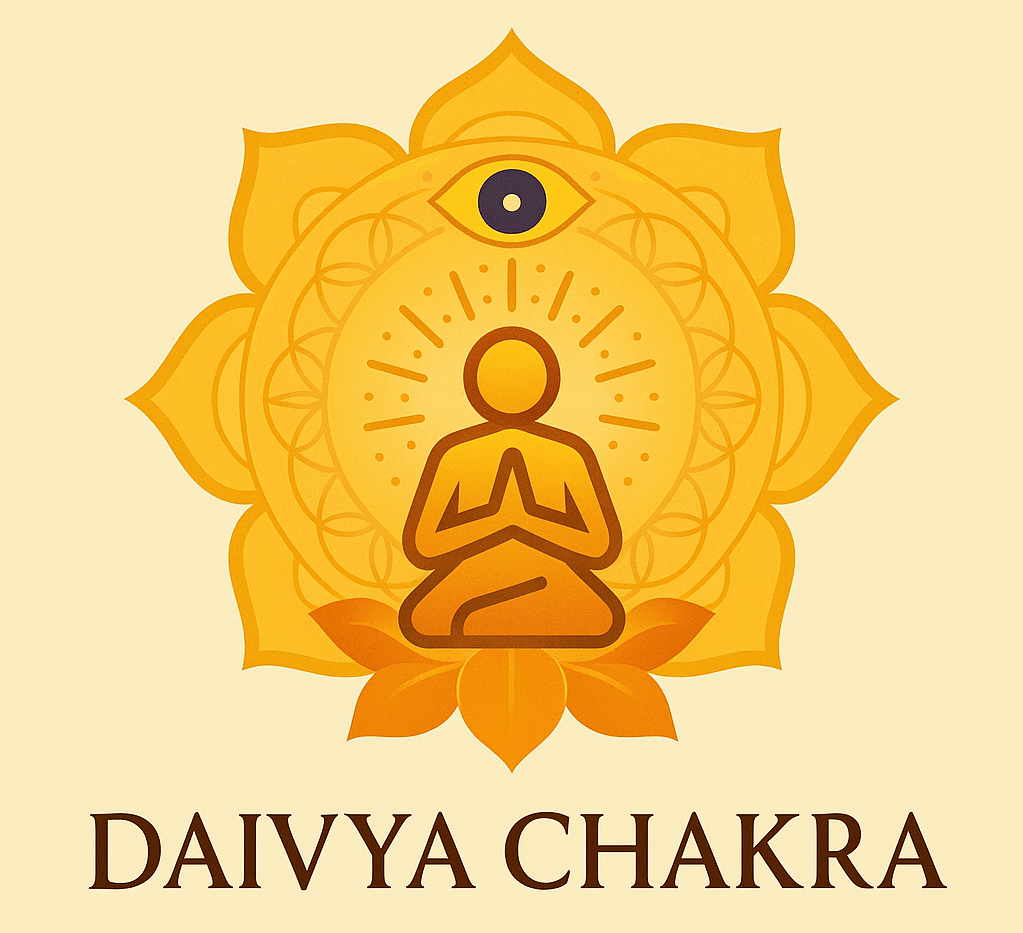Krishna Janmashtami, also known as Gokulashtami, is a vibrant Hindu festival that celebrates the birth of Lord Krishna, the eighth avatar of Vishnu. This joyous occasion takes place on the eighth day (Ashtami) of the dark fortnight (Krishna Paksha) in the Hindu month of Bhadrapada, which usually falls in August or September in the Gregorian calendar. In 2024, Krishna Janmashtami will be observed on Monday, August 26th.
Preparations and Festivities
In the weeks leading up to Janmashtami, devotees eagerly begin their preparations. Homes are thoroughly cleaned and adorned with mango leaves and colorful rangolis. Many devotees observe fasting, with some choosing a complete 24-hour fast, while others abstain from specific foods.
The highlight of the celebration is the puja (worship) ceremony of Lord Krishna’s birth. A cradle is beautifully decorated, and an idol of the infant Krishna is placed within it. Devotees offer prayers, sing hymns (bhajans), and chant devotional songs (kirtans), celebrating the divine arrival and seeking blessings.
Cultural Delights
Janmashtami is a time for families and communities to unite. Homes and temples buzz with excitement as people reenact Krishna’s childhood pranks, such as the famous stealing of butter (Dahi Handi). Children dressed as Krishna and Radha, his beloved consort, add to the festive spirit with their adorable costumes.
Significance of the Festival
Krishna Janmashtami is a celebration of the triumph of good over evil. The birth of Lord Krishna is believed to have brought light and hope to a world oppressed by the evil king Kansa. The festival embodies the ideals of love, devotion, and the playful spirit of childhood, reminding us of the enduring power of goodness and the joyous aspects of life.
Krishna Janmashtami rituals –
Krishna Janmashtami is a vibrant celebration of Lord Krishna’s birth. But what brings the festival to life? Let’s explore some key rituals:
- Preparation: Homes are cleaned, symbolizing a fresh start. Devotees may fast for purification.
- Puja at Midnight: The heart of the festival! Devotees offer prayers, hymns, and food to an idol of baby Krishna. A special bath (abhishek) with sacred liquids purifies the idol.
- Aarti: Lamps are lit, dispelling darkness and showing reverence to Lord Krishna.
- Jhulan Swing: Decorated swings are swayed, symbolizing the love Krishna received as a child.
- Dahi Handi (Pot Breaking): Earthen pots filled with goodies are hung high. Young people form pyramids to reach and break them, reenacting Krishna’s playful act of stealing butter.
- Chanting and Bhajans: Devotional songs and chants fill the air, creating a joyous and spiritual atmosphere.
- Breaking the Fast: After the puja, devotees traditionally enjoy a special meal, often sharing it with loved ones.
Krishna Janmashtami food items
- Sweets: Krishna is believed to have a sweet tooth, so many sweet offerings are prepared. Popular choices include laddoos (made from lentils, semolina, or rice flour), pedas (dense milk-based fudge), kheer (rice pudding), halwa (sweet semolina pudding), and puran poli (flatbread stuffed with lentil paste).
- Savory options: While sweets dominate, some regions offer savory options like poha (flattened rice flakes) dishes, fritters (murukku, seedai), and light curries.
Fasting-friendly options (during Vrat):
- Flours and grains: Buckwheat (kuttu), water chestnut (singhara), amaranth (rajgira), and barnyard millet (sama) flours are commonly used during fasting as they are considered suitable for vrat (observance).
- Nuts and seeds: Makhanas (foxnuts), peanuts, and almonds are healthy and vrat-friendly options.
- Fruits: A variety of fruits are consumed while fasting, providing essential nutrients.
Traditional favorites:
- Makhana Kheer: A rich kheer made with foxnuts, milk, nuts, and sugar, offered as prasad.
- Panjiri: A sweet and nutty powder made with roasted flour, ghee, and sugar, often consumed during fasting.
- Dahi (Curd): Plays a central role in the Dahi Handi tradition and can also be consumed as a cooling and vrat-friendly food.
- Butter (Makhan): A symbolic offering to Krishna, reflecting his love for butter as a child.
Krishna Janmashtami mantra in Sanskrit
There isn’t one single mantra specifically designated for Krishna Janmashtami puja. However, here are a few popular mantras associated with Lord Krishna that you can chant during your puja:
- Hare Krishna Maha Mantra: This is perhaps the most well-known mantra dedicated to Lord Krishna. It is a sixteen-word mantra chanted by devotees worldwide.ॐ नमो भगवते वासुदेवाय कृष्णाय वसुदेव्यात्मजाय अनिरुद्धाय गोविन्दाय नमो हरिः ।। (Om Namo Bhagavate Vasudevaya Krishnaya Vasudevyātmajāya Aniruddhaya Govindāya Namo Hariḥ)
- Ashtottara Shatanamavali (108 Names of Krishna): Chanting all 108 names of Krishna is considered highly auspicious. You can find these names and their meanings online or in Hindu scriptures.
- Krishna Gayatri Mantra: This mantra is specifically dedicated to Lord Krishna.ॐ देवकीनंदनाय च विद्महे वासुदेवाय धीमहि तन्नो कृष्णः प्रचोदयात् ।। (Om Devakīnandanāya Cha Vidmahe Vāsudevāya Dhīmahi Tanno Krishnaḥ Prachodayāt)
